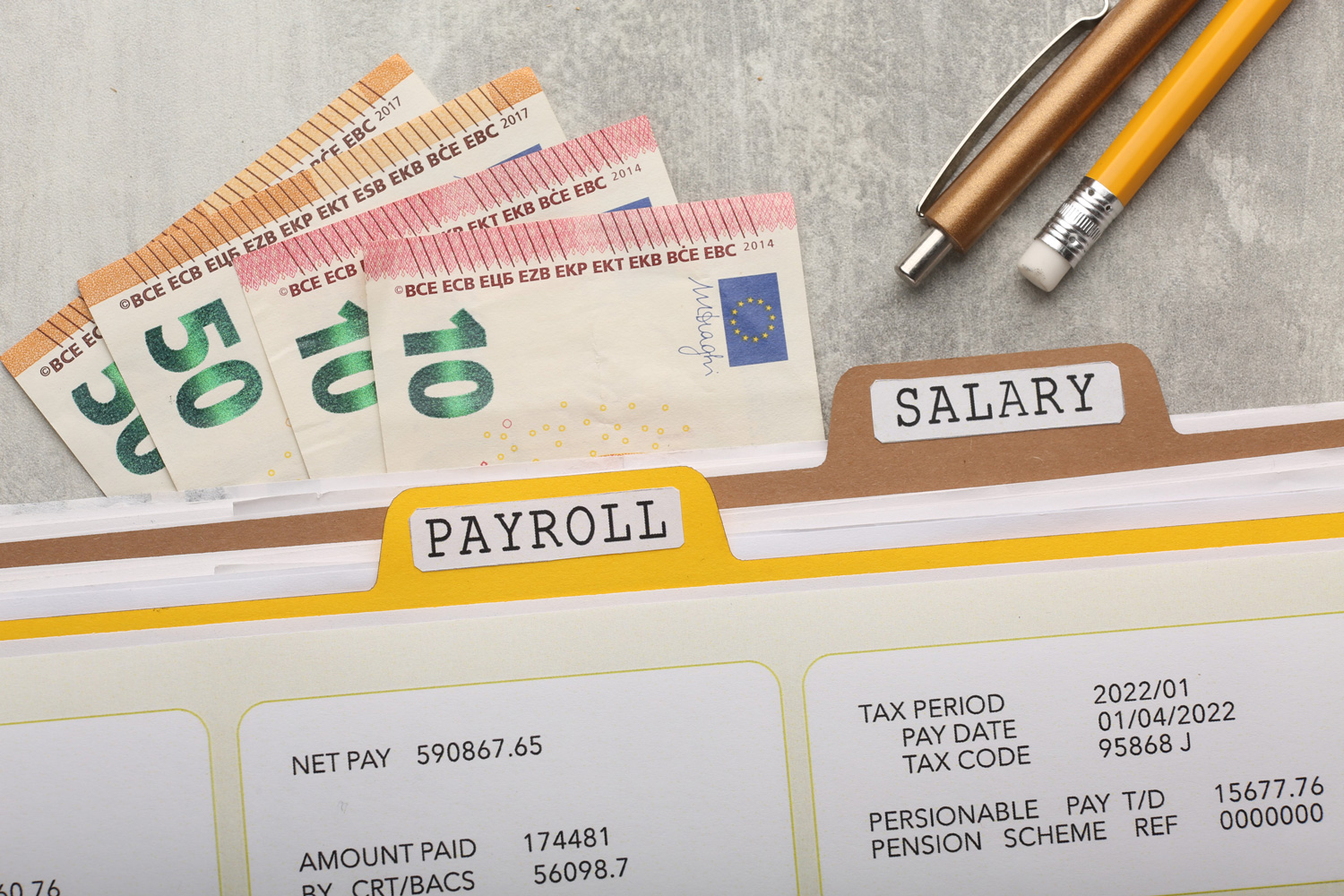TL;DR (Summary Box)
An Employer of Record (EOR) takes care of all employee-related legal, payroll, and tax responsibilities so your company can focus on growth. It simplifies payroll processing, ensures tax compliance, manages statutory contributions, and keeps your business aligned with local labor laws—especially useful when hiring in new markets like the Philippines.
Why Payroll and Compliance Are a Challenge for Growing Companies
Expanding your team—especially across countries—can be exciting but also complicated. From payroll calculations and tax remittances to labor compliance and employee benefits, every jurisdiction has its own rules.
That’s where an Employer of Record (EOR) comes in. Instead of your business managing payroll, taxes, and compliance directly, an EOR acts as the legal employer on your behalf.
Let’s explore how an EOR streamlines operations, minimizes risks, and keeps your company compliant in the Philippines and beyond.
What Is an Employer of Record (EOR)?
An Employer of Record is a third-party organization that hires employees legally on behalf of your company.
While your company directs day-to-day work, the EOR takes care of:
- Payroll management and salary disbursement
- Tax withholding and remittances
- Government compliance (SSS, PhilHealth, Pag-IBIG)
- Employment contracts and legal paperwork
- Benefits administration
- Statutory reporting and filings
This model allows businesses—especially startups and global companies—to hire talent without setting up a legal entity in the Philippines.
How an Employer of Record Simplifies Payroll
Payroll is one of the most time-consuming and error-prone HR functions. EORs simplify the process by:
- Automating Salary Computation
They handle gross-to-net pay calculations, including overtime, bonuses, and deductions. - Ensuring Accuracy
EOR systems minimize payroll errors that could lead to compliance penalties or employee dissatisfaction. - Handling Multi-Currency Payments
For global teams, EORs can pay employees in local currencies, simplifying cross-border payroll management. - Providing Transparency
Employees receive clear payslips and employers get detailed payroll summaries each cycle.
By outsourcing payroll management to an EOR, businesses can focus on strategy rather than paperwork.
How an Employer of Record Manages Taxes
Tax management is one of the biggest compliance burdens for any business. An EOR helps you stay fully compliant by:
- Withholding and remitting income taxes to the Bureau of Internal Revenue (BIR)
- Filing mandatory tax reports on behalf of your company
- Managing employer contributions to SSS, PhilHealth, and Pag-IBIG
- Monitoring tax law changes to keep your business aligned with the latest regulations
This ensures that your business meets Philippine tax compliance standards while avoiding costly errors and penalties.
EOR and Compliance: Why It Matters
Non-compliance with employment laws can lead to heavy fines or even business suspensions.
An Employer of Record provides peace of mind by ensuring compliance with:
- Philippine labor laws and regulations
- BIR payroll tax requirements
- Government-mandated benefits and reporting
- Data privacy and employee record management
The EOR becomes your compliance partner, helping you navigate the legal complexities of employment—especially for foreign companies hiring Filipino workers.
EOR vs. Payroll Provider: What’s the Difference?
| Function | Payroll Provider | Employer of Record (EOR) |
| Legal Employer | Your company | The EOR acts as the legal employer |
| Payroll Management | Yes | Yes |
| Tax Compliance | Sometimes | Fully managed |
| Employee Benefits | Limited | Fully administered |
| Labor Law Compliance | No | Yes |
| Ideal For | Local payroll only | Local + global hiring |
A payroll provider focuses only on salary calculations and payments. An EOR, however, takes full employment responsibility, covering everything from contracts to compliance.
Why Businesses Use an Employer of Record
Using an EOR isn’t just about convenience—it’s about strategic scalability.
Key Benefits:
- Faster Market Entry – Hire talent in new countries without registering a local entity.
- Reduced Legal Risk – Stay compliant with local employment and tax laws.
- Streamlined Payroll & Taxes – Automate payroll and remittances for accuracy.
- Simplified HR Administration – EORs handle contracts, benefits, and government reporting.
- Cost Savings – Avoid entity setup, local registration, and in-house HR overhead.
- Employee Confidence – Workers get paid accurately and on time under a compliant structure.
How an Employer of Record Works in Practice
Here’s what the EOR process typically looks like:
- You choose your candidates.
- The EOR hires them legally under their entity in the Philippines.
- The employee begins working for your company under your management.
- The EOR handles payroll, taxes, and compliance.
- You receive one invoice for all employee costs.
This setup is ideal for foreign businesses expanding into the Philippines or local companies managing remote teams.
When to Consider Using an Employer of Record
- You’re hiring in a country where you don’t have a legal entity.
- You want to ensure 100% compliance with labor and tax laws.
- You’re scaling fast and need quick onboarding.
- You want to offload payroll and HR administration.
- You’re managing cross-border teams and payments.
If you’re growing globally or working with remote employees, an EOR can remove the stress of payroll and compliance so you can focus on performance and culture.
Common Misconceptions About EORs
“EORs are only for large companies.”
Not true—startups and SMEs use EORs to manage their first hires abroad affordably.
“EORs reduce control over employees.”
Your business still manages employees’ daily work. The EOR simply handles the legal and administrative side.
“EORs are expensive.”
In fact, they often cost less than hiring HR, legal, and payroll staff or setting up a subsidiary.
FAQs About Employer of Record Services
1. What is an Employer of Record (EOR)?
An EOR legally employs workers on your behalf, managing payroll, taxes, benefits, and compliance.
2. How does an Employer of Record simplify payroll?
It automates salary computation, deductions, and remittances while ensuring compliance with labor laws.
3. How does an EOR help with taxes?
The EOR handles tax withholding, remittance, and reporting to the Bureau of Internal Revenue (BIR).
4. What compliance issues does an EOR manage?
They manage statutory benefits (SSS, PhilHealth, Pag-IBIG), labor compliance, and payroll documentation.
5. Why do companies use an EOR?
To save time, reduce risks, and ensure compliance while hiring locally or internationally.
6. How is an EOR different from a payroll provider?
A payroll provider only manages payments; an EOR is the legal employer, ensuring full compliance.
7. Is using an EOR cost-effective?
Yes. It eliminates the need for local entities, HR staff, and legal teams.
8. Can foreign companies use an EOR in the Philippines?
Yes. They can hire Filipino employees legally without setting up a local branch.
9. How does an EOR ensure compliance with local laws?
By keeping contracts, benefits, and payroll structures aligned with Philippine labor codes.
10. What are the main benefits of an EOR?
Time savings, compliance assurance, legal protection, and simplified HR management.
Final Thoughts
Managing payroll, taxes, and compliance doesn’t have to be stressful.
An Employer of Record takes the heavy lifting off your shoulders—handling complex HR, payroll, and tax processes while keeping your business fully compliant. For startups, SMEs, and global companies expanding into the Philippines, partnering with an EOR can mean faster growth, reduced risk, and peace of mind.


